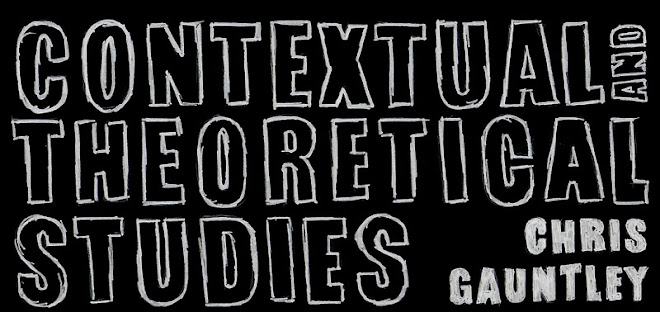Graphic designer, critic and educator, Michael Bierut responded to such claims with a solid contradictory defense in his analysis: Ten Footnotes to a Manifesto. He casts doubt upon the credibility of the 33 signatories who collectively ‘specialize in extraordinarily beautiful things for the culturally elite’ (Bierut 2002. p. 27) and have no experience to speak of within corporate design. Designers, he argues, view the advertising world with a ‘measure of envy’ due to their ranking within the creative industry; ‘graphic designers have long dwelled at the bottom of the pond’ (Bierut 2002. p. 27.) Also addressed is the manifesto’s link between advertising and society’s apparent consumer-driven morality nose-dive, disputing that some of the most successful work for social causes (HIV awareness and gender equality within the arts) has been a product of advertising, something First Things First wishes us to believe is comprised predominantly of manipulation and deceit.
As Poyner so eloquently puts it, the 2000 manifesto draws attention to the ever growing distinction between ‘design as communication (giving people necessary information) and design as persuasion (trying to get them to buy things)’. It is completely irrational to deny that advertising can be a useful tool to society but at present ‘we have absorbed design so deeply into ourselves’ that progression from a creative education into a commercial design background seems completely natural and unquestionable. (Poyner 2002. p. 8, p.6)
In comparison, Matt Soar offers a relatively impartial analysis of the declaration and focuses primarily on answering the question of which echelons of society are likely to be affected and to what degree. In his text, First Things First: Now More Than Ever, he asserts that, on the most basic of levels, the manifesto aims to encourage designers to ‘address their many audiences as citizens rather than consumers’ (2002. p. 13.). A view echoed to some extent by Bierut who adamantly claims that commercial design and social virtue need not be separate entities at all, stating that the most admirable designers have always managed ‘to align the aims of corporate clients with their own personal interests and, ultimately, with the public good.’ (Bierut 2002. p. 30.)
Bibliography
Garland, K. (1964) First Things First. In Bierut, M., Helfand, J., Heller., S., Poyner, R. eds. (1999) Looking Closer 3. New York: Allworth Press. Pp. 154-155.
First Things First 2000. (1999) In Bierut, M., Drenttel, W., Heller. eds. (2002) Looking Closer 4. New York: Allworth Press. Pp. 5-6.
Poyner, R. (1999) First Things First: A Brief History. In Bierut, M., Drenttel, W., Heller. eds. (2002) Looking Closer 4. New York: Allworth Press. Pp. 6-10.
Soar, M. (1999) First Things First 2000. In Bierut, M., Drenttel, W., Heller. eds. (2002) Looking Closer 4. New York: Allworth Press. Pp. 10-13.
Bierut, M. (2000) A Manifesto with Ten Footnotes. In Bierut, M., Drenttel, W., Heller. eds. (2002) Looking Closer 4. New York: Allworth Press. Pp. 26-31.


No comments:
Post a Comment